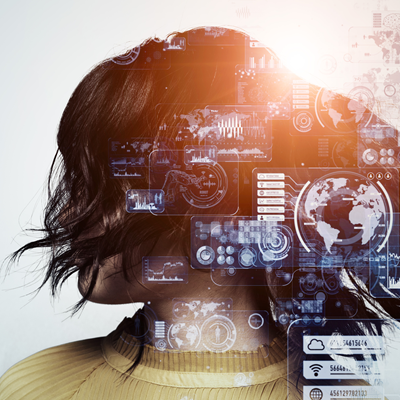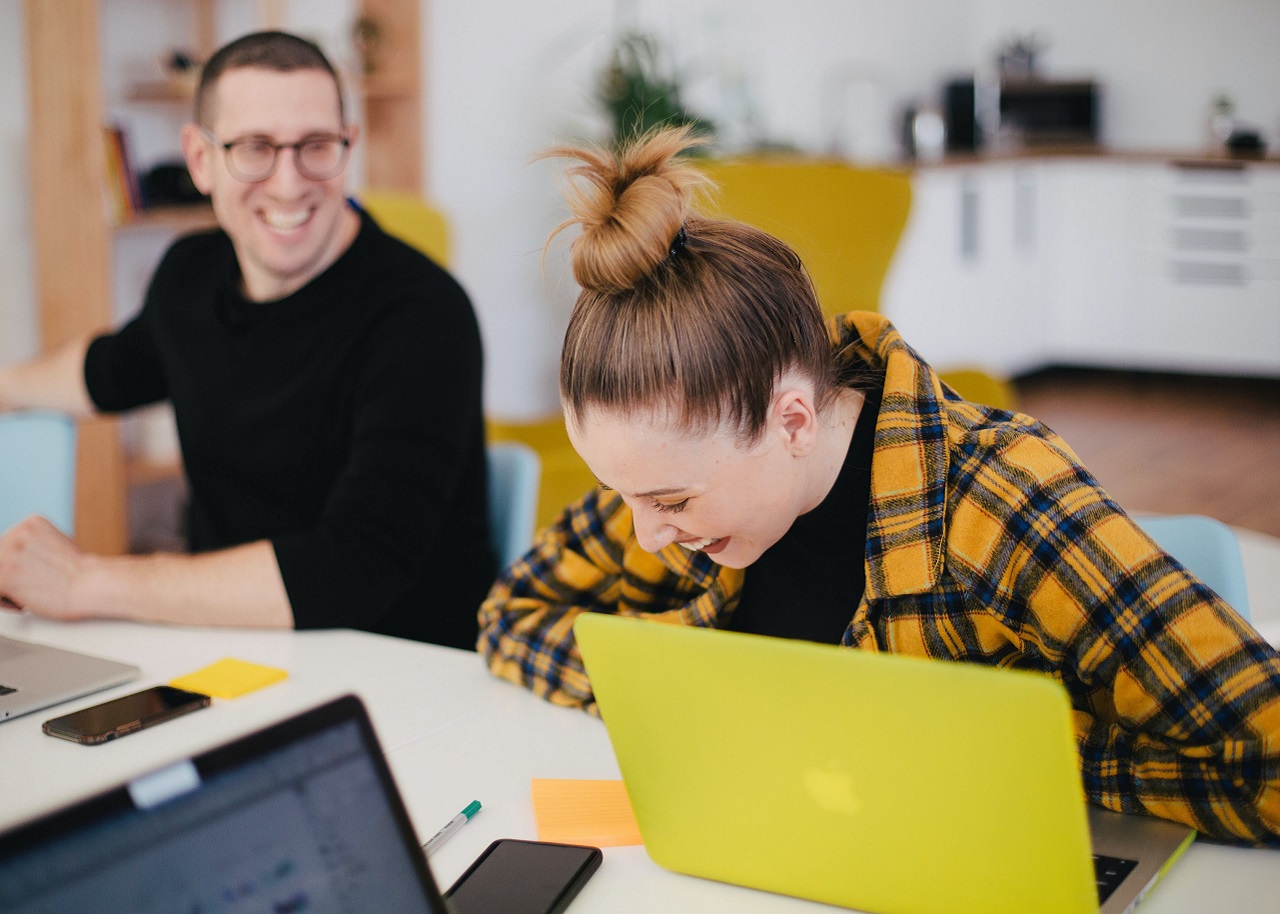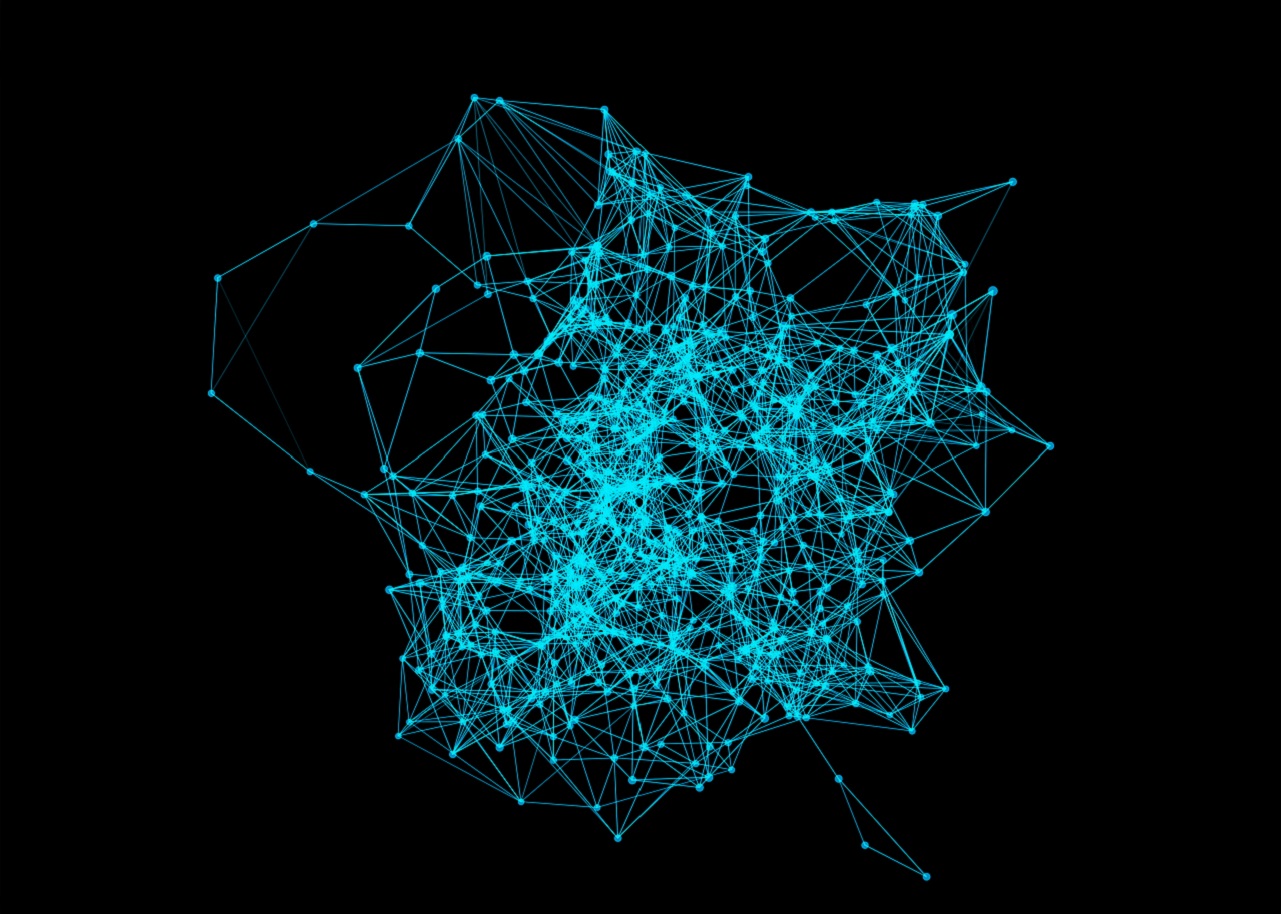Building Possible Futures: How Deda Invests in Innovation
An Inclusive Ecosystem creates osmosis between the Future and the Market.

Roberto Loro
Chief Technology OfficerJust a few years ago, when someone talked about data interoperability, there was some skepticism: understanding that the information processed each day might be shared and used for purposes other than those it was gathered for required a significant imagination leap. It seemed like a very remote future. And yet, in 2016, along with Fondazione Bruno Kessler (FBK), we decided to create the first Co-Innovation Lab dedicated to data and AI engineering to work together to develop the skills and software for managing and streamlining the transformation of heterogeneous data while ensuring quality and interoperability. The ambition was to innovate by connecting the world of research and our Group's companies: a fusion of future and market to add value not only to Deda but also to the other companies with which we collaborate.
Today, that challenge is more current than ever. AI is a concrete reality, and what seemed like utopian visions have become concepts shared by even those who were the most skeptical at the time. And we are already looking forward to new data-use approaches to add more value. The laboratory created in collaboration with FBK is working on models to be trained in an operational environment that, in the future, can be reused in other contexts according to an AI-as-a-service approach. Today, this is seen as the new AI frontier to bring about unprecedented developments for companies: those capable of effectively implementing it will have a competitive market advantage that they will be able to exploit to the fullest.

Reducing IT environmental impacts, from the foundations up
In the meantime, at Deda, we continue to invest in innovation aimed at changing the security and environmental impact paradigm from the foundations up, starting with the infrastructure that will host the digital factories of the future. The public-private partnership Trentino Data Mine was set up just a few months ago to create the first green data center hosted in the heart of Trentino's mountains. The project involves an investment of over €50 million, partly financed with the NRRP, implemented through a temporary grouping of companies founded with Covi Costruzioni, GPI, ISA, and the University of Trento. Together, we are developing and implementing a one-of-a-kind, next-generation data center that will guarantee maximum physical security and a minimal energy footprint within a circular, sustainable ecosystem. And there is more.
Trentino Data Mine has a greater goal: creating an innovation facility and becoming the go-to data center for transforming and enhancing the data of public and private entities and supporting the various phases of the innovation cycle according to an open innovation approach.
An innovation loop
At Deda, we have always worked according to an ecosystem approach. Our goal has been clear from the outset: creating an environment allowing everyone within the Group — each in their field — to identify signs of possible scenarios that may become sources of business innovation.

We wanted precisely to choose an open model built around the partnership with FBK and then expanded to other players working on the future, from research to start-ups, based on a multi-sector approach where exchange and co-creation are a source of value. Constant dialog and sharing of experiences and expertise are essential: they create a virtuous cycle, an innovation loop, in which new ideas are created for continuous improvement and development of skills and best practices that individual lines of business can adopt when most appropriate.
The open and inclusive model that has always inspired our business thus fosters the development of the Group's distributed innovation: each organization, each individual, can become an innovation cell driving new products and solutions to support Deda's growth and accelerate business evolution.
Investing in the future with confidence and broad, medium-to-long goals is key to this model. It allows us to work with our external partners to build innovation within Group companies and evolve solutions.
The circularity of the culture of innovation is also supported by specific initiatives, such as Tech Talks, which encourage the sharing of best practices; Technology Roundtables, opportunities for exchanges between innovation teams at Group companies; and the Co-Innovation Day, an initiative organized with FBK to foster dialog with non-Group companies, public services, and start-ups.
Imagining possible futures
The Co-Innovation Lab is a key tool for projecting ourselves as far as possible into the future. Data quality and interoperability management is now almost an ordinary activity, and the lab continues to develop around the AI-as-a-service concept aimed at the multi-sector use of data. Yet, the focus has already shifted to more visionary, longer-term concepts. While work continues on new-generation algorithms capable of representing a reality that humans cannot perceive, we are also investigating how to improve the carbon footprint of data processing, which, as AI evolves, is becoming critical to the planet.
The ultimate goal of such initiatives is to help create the Group's distinctive value, namely the skills and technological tools that turn it into products and services. The “machine tools” of digital factories — where data is the raw material and the cloud and AI drive transformation and value generation — are developed to mitigate the negative impact that technology may have on the environment.
The second joint Co-Innovation Lab between Deda and FBK is also in the works, focusing on developing technologies and competencies for the cybersecurity of new-generation cloud-native software. The goal is to stay ahead of the new security needs arising from the software we are writing for the cloud, characterized by composable and distributed modules constantly connected and interacting with external modules.

Cybersecurity goes hand in hand with the transversal topic of digital trust that now encompasses the industrial approach, the Group's values and the various fields of technology: how to build trust in an increasingly digital future?
Pervasive technology brings some ethical, reliability, and credibility aspects that must be considered. This is not a trivial or overly visionary subject: these aspects will determine our business's future. As well as its present.



